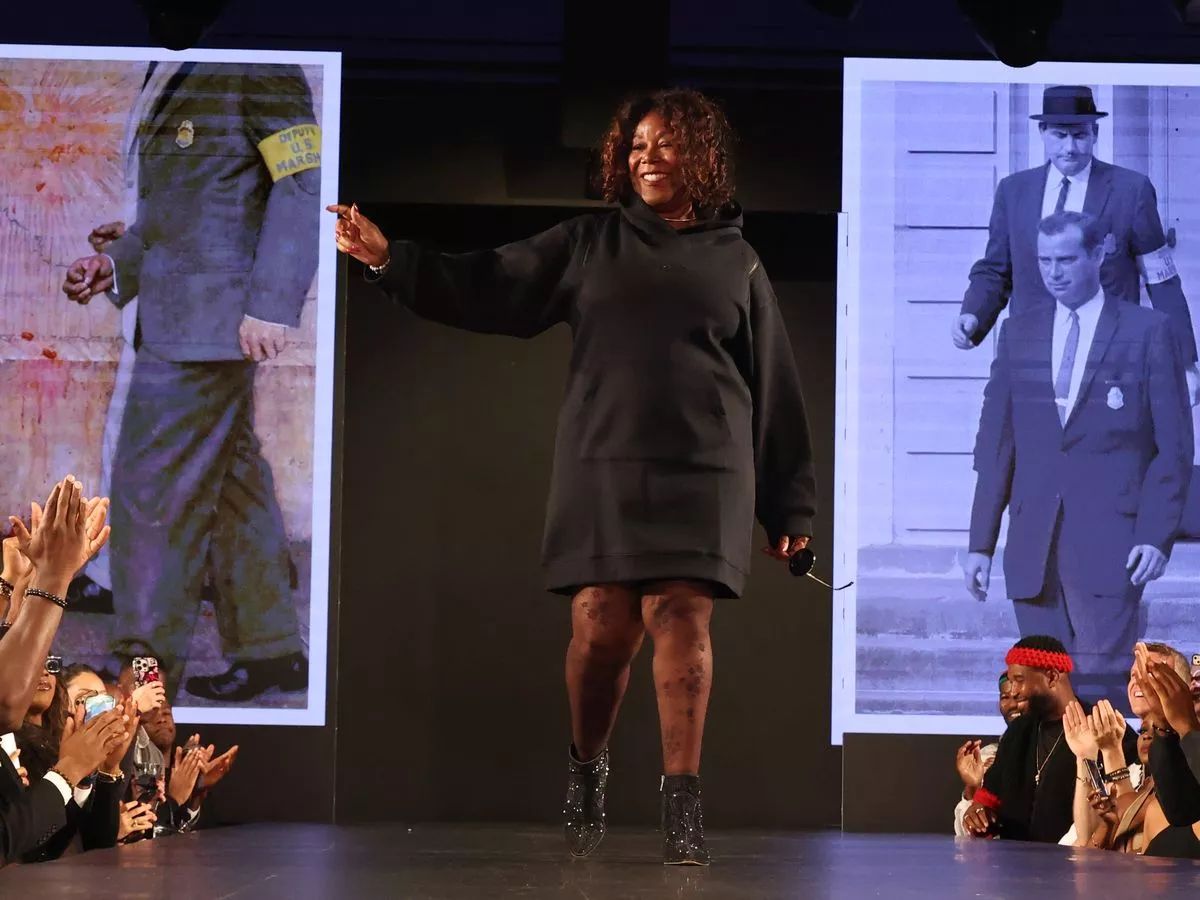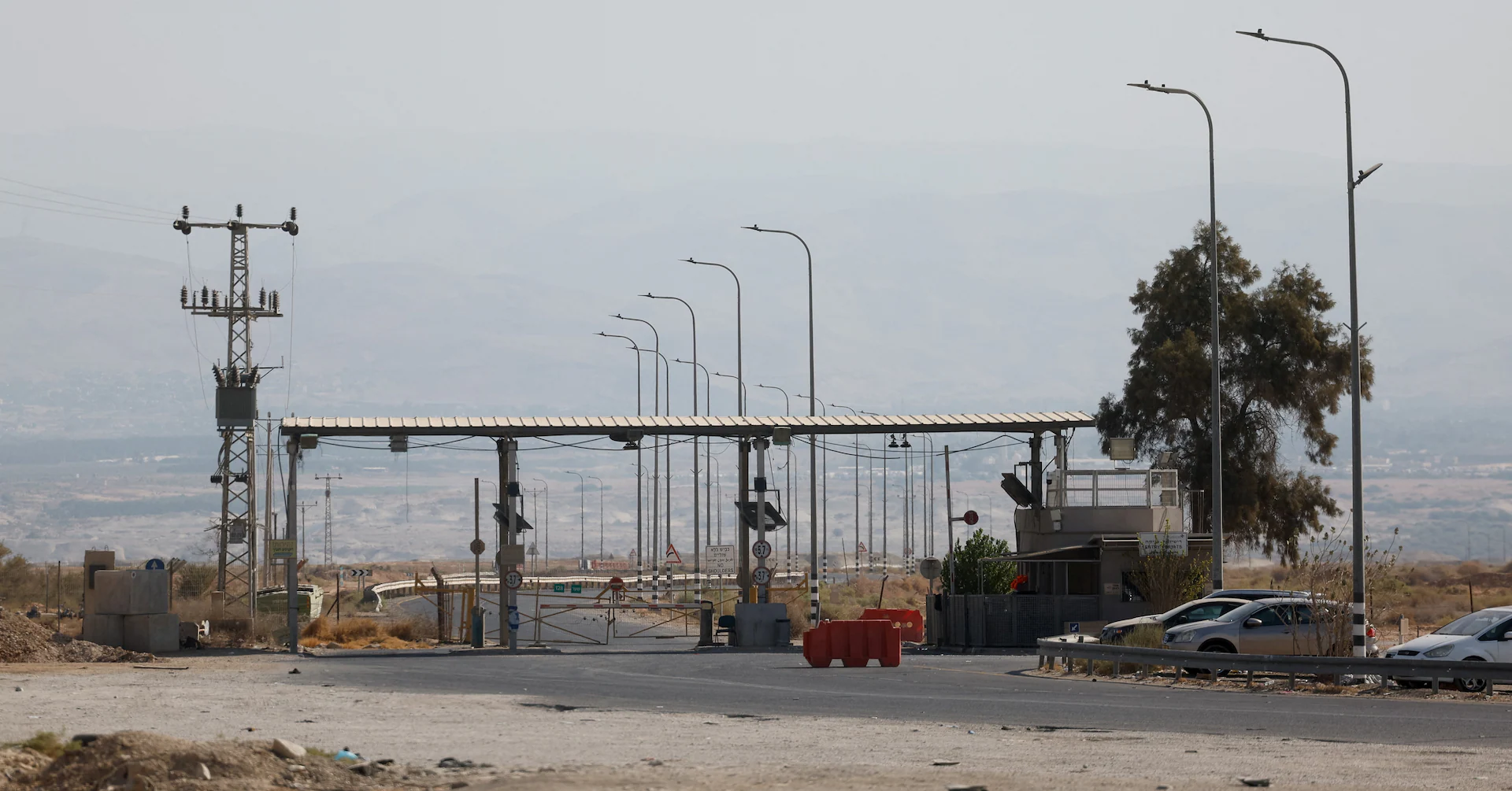By Rahima Miah
Copyright mirror

October marks Black History Month in the UK, an annual celebration recognising the achievements, contributions, and history of Black people worldwide. One notable figure is Ruby Bridges, a 71-year-old American civil rights activist. She is best-known for being the first African American child to attend the formerly Whites-only William Frantz Elementary School in Louisiana during the New Orleans school desegregation crisis in November 1960. People have been moved after learning of her story and the racial abuse she faced during the time, which saw mass resistance to the desegregation of the education system at the time. Jess Johnson, who shares Black American history and stories, posted a TikTok video sharing Bridges’ story and many viewers were surprised to learn how recently things had changed. Jess said: “The little Black girl in this picture being escorted by US marshals is Ruby Bridges. The date is November 14, 1960 and it’s her very first day at school.” She explained that Bridges, who was six at the time, was unaware that she was the first Black student to attend the school and had to be escorted by the officers because there was “an angry mob of white parents who protested her presence at the school.” However, Bridges wasn’t afraid as she revealed in an interview that she thought all the people protesting were part of a Mardi Gras parade, a celebration that takes place annually in New Orleans. The activist shared that when she walked into William Frantz she was taken to the principal’s office and the angry crowd immediately rushed in behind her and ran into every classroom. Every child was removed from the school that day as a result. For the rest of the year, Bridges was kept in a classroom alone with her teacher, Barbara Henry. Jess added: “Every day that Ruby walked into that school she had to be escorted by marshals because there were threats and racial slurs being yelled at her from a crowd. “Every single day. And on one especially disgusting encounter she was greeted by a protester holding a black doll inside a coffin.” She also said that Bridges was “barred from the cafeteria”, “couldn’t play outside” and had to be guarded by marshals to the bathroom every time she needed to use it. The TikTok storyteller ended: “And yet, Ruby didn’t miss a single day of school that year.” The video has racked up an impressive 6.1million views, 953,400 likes and 19,100 comments, at the time of writing. One user said: “This made me cry. She didn’t deserve to be treated that way. What a courageous girl.” Another admitted: “My tears just dropped after so many years.” A third commented: “This hurts my heart, it breaks me.” Someone else asked: “Why are we not taught this in school?” Others noted how long ago Bridges went through this ordeal with remarks, such as: “The fact this happened just 65 years ago gives me chills” and: “It’s crazy that this wasn’t actually that long ago.” A further user added: “Wow God bless her. Thank you for sharing this story, so moving! She was just a precious baby, I’m so sorry for all you had to go through Ruby Bridges!” A second chimed in: “Thank you, I had not heard of Ruby Bridges.” Bridges, now Ruby Bridges Hall, still lives in New Orleans with her husband Malcolm Hall and their four sons. After leaving school, she worked as a travel agent for 15 year before leaving her career to raise her children full-time. In 1999 she formed the Ruby Bridges foundation to promote “the values of tolerance, respect, and appreciation of all differences,” an organisation she still chairs. Speaking of the organisation’s goals, she said: “Racism is a grown-up disease and we must stop using our children to spread it.” A Federal district judge named J.Skelly Wright mandated that desegregation start on November 14. That day, three Black girls enrolled in first grade at McDonough School, while Bridges attended William Frantz. The integration sparked protests and turmoil and a local citizens’ council urged White parents to boycott the schools.



